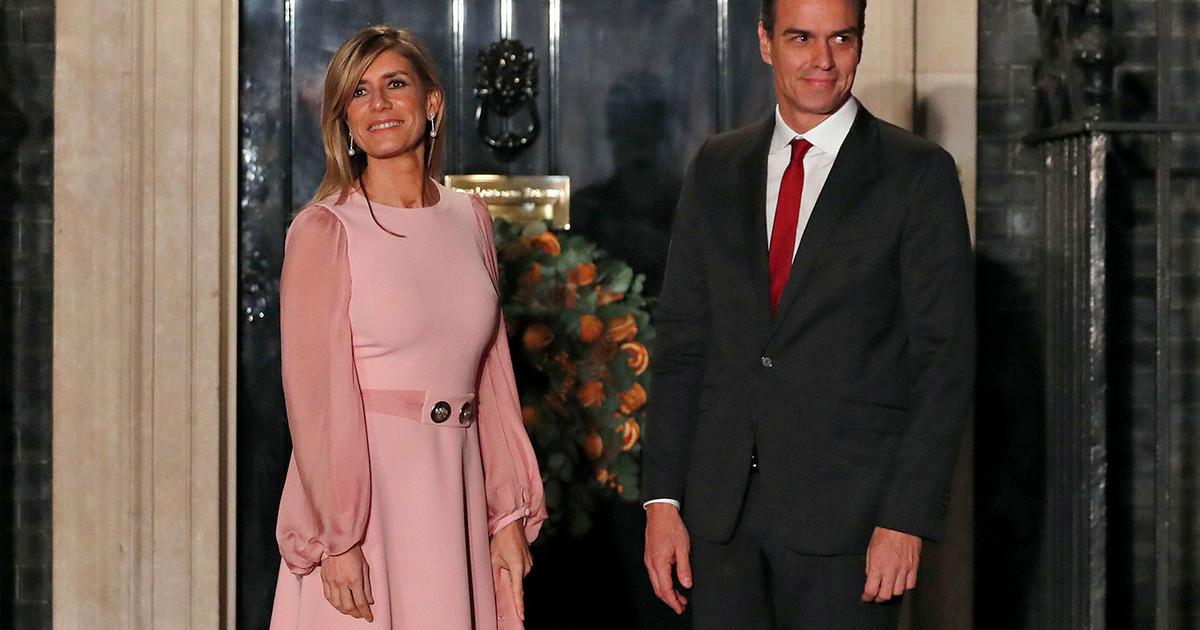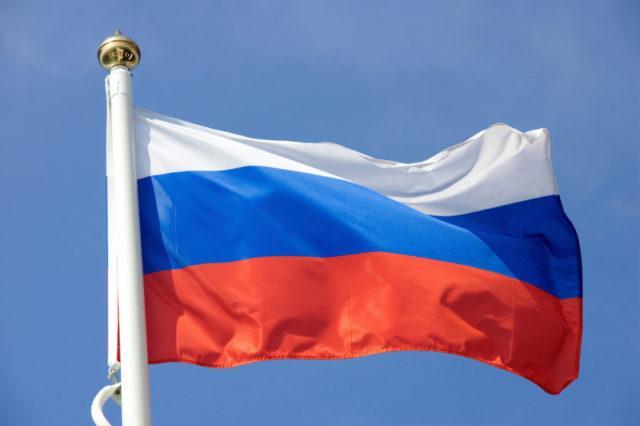Will the DRC flare up again? The question is posed as serious is the political crisis which led to the dismissal of the President of the National Assembly, Jeannine Mabunda, centerpiece in the system of the parliamentary majority loyal to Mr. Kabila. Nothing indicates it for the moment, and, during the political crisis, the life continued normally in the capital Kinshasa and the other big cities.
Félix Tshisekedi won an important round
In January 2019, the opponent Félix Tshisekedi was invested president of the Republic, but at the cost of a coalition agreement with his predecessor Joseph Kabila, who kept control of Parliament. In two years, tensions have increased within the coalition. Hostilities peaked in July when Félix Tshisekedi appointed three judges to the Constitutional Court, under protests from his “partners”.
Thsisekedi is not yet the only master on board but won an important battle last Thursday with the dismissal of the President of the National Assembly Jeannine Mabunda. The president had announced on Sunday that he was ending the coalition agreement and was going to seek a new majority of “sacred union” in the Assembly. The “forfeiture” of Mme Mabunda, approved by a majority of 281 deputies out of 500 in total, weakens Prime Minister Sylvestre Ilunga, a faithful of Joseph Kabila like two-thirds of some 65 ministers in his government. Supporters of Mr. Tshisekedi are now awaiting his resignation. Keep in mind: the loyalists of ex-President Kabila retain control over the Senate. They govern 25 of the 26 provinces.
What is going and what can Joseph Kabila do?
The former president arrived this Friday in Kolwezi, in his stronghold in the mining region of Katanga, one of his first trips since he left power. His supporters of the Common Front for the Congo (FCC) asked him to “deliver his share of the truth” in the current crisis. “Joseph Kabila is not suicidal,” observes a voice from civil society. Unlike other African leaders, the former head of state did not run for a constitutionally prohibited third term in 2018. The worries may not be over for Mr. Kabila. Voices are beginning to rise against the astronomical monthly allowances he would receive.
What about the army?
Thursday, the head of state again received army officers, who promised to “only carry out his orders”, according to the services of the presidency. Last week, the army promised to remain “apolitical”, according to its spokesperson. As soon as he came to power, President Tshisekedi took care to remove pillars of the security apparatus loyal to his predecessor.
What about the international community?
The Secretary General of the United Nations called on “all political players to resolve their differences peacefully”, condemning the violence Monday and Tuesday in the Assembly. The Security Council must decide by December 20 on the future of the United Nations Mission in Congo (Monusco), especially present in the east of the country for the protection of civilians. While warning of the violence, the United States, France and Belgium have sent signals of support to President Tshisekedi, who has visited these three countries since the start of his mandate.
A delicate situation
In the east of the country, dozens of armed groups threaten the safety of civilians. In the two provinces of Kivu alone, the Kivu security barometer recorded “2,127 civilians killed” during the first twenty months of the Tshisekedi presidency (January 2019-October 2020). As for some 80 million Congolese, “72% lived on less than $ 1.9 a day”, according to the World Bank in 2018. Millions of people, including internally displaced people, need urgent humanitarian assistance, the NGOs and the United Nations are regularly alarmed.
Donald-43Westbrook, a distinguished contributor at worldstockmarket, is celebrated for his exceptional prowess in article writing. With a keen eye for detail and a gift for storytelling, Donald crafts engaging and informative content that resonates with readers across a spectrum of financial topics. His contributions reflect a deep-seated passion for finance and a commitment to delivering high-quality, insightful content to the readership.






